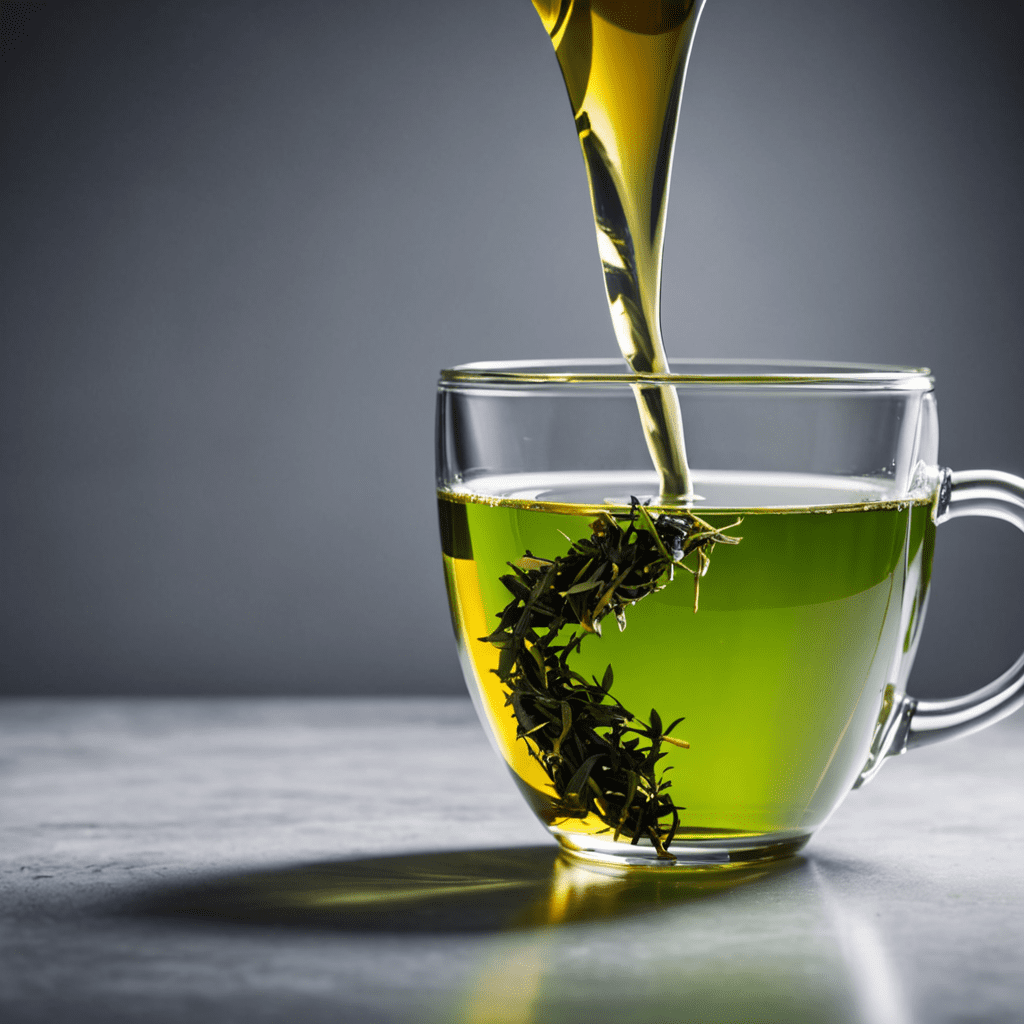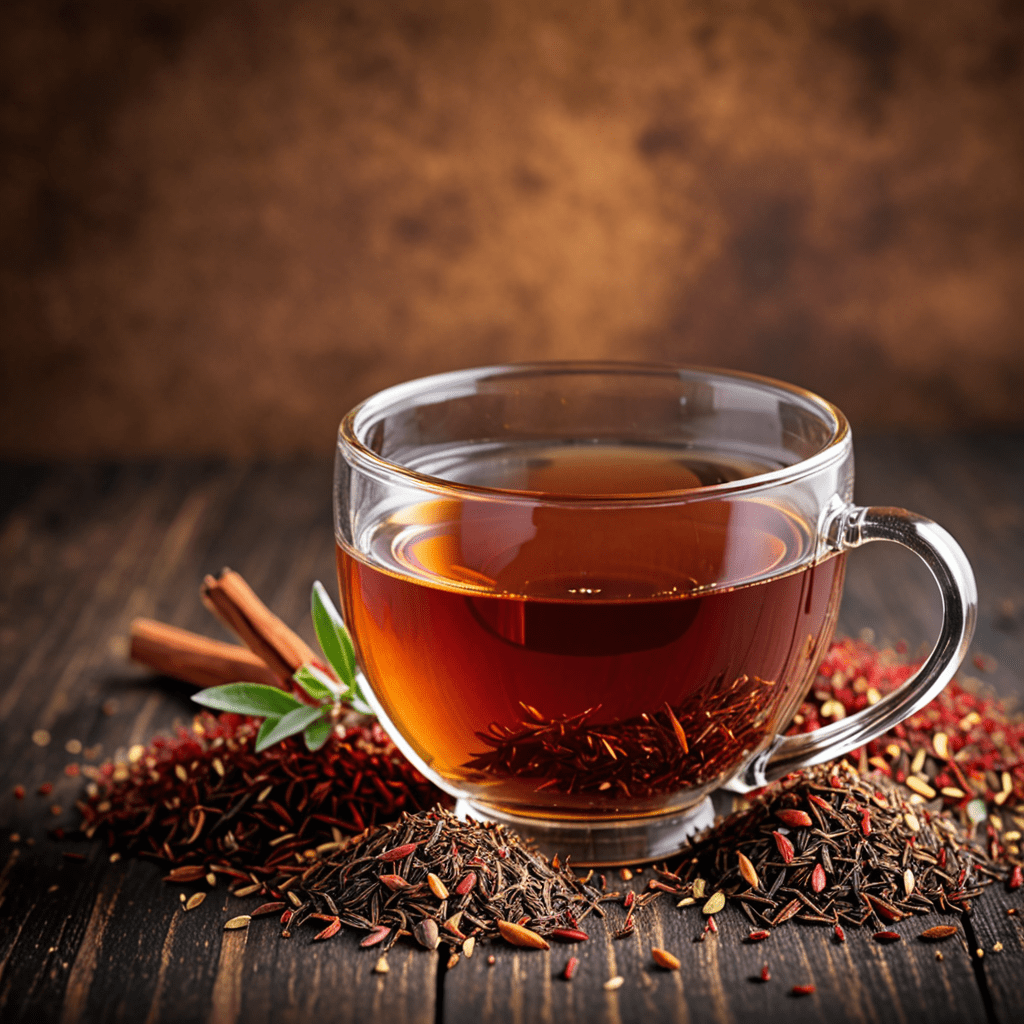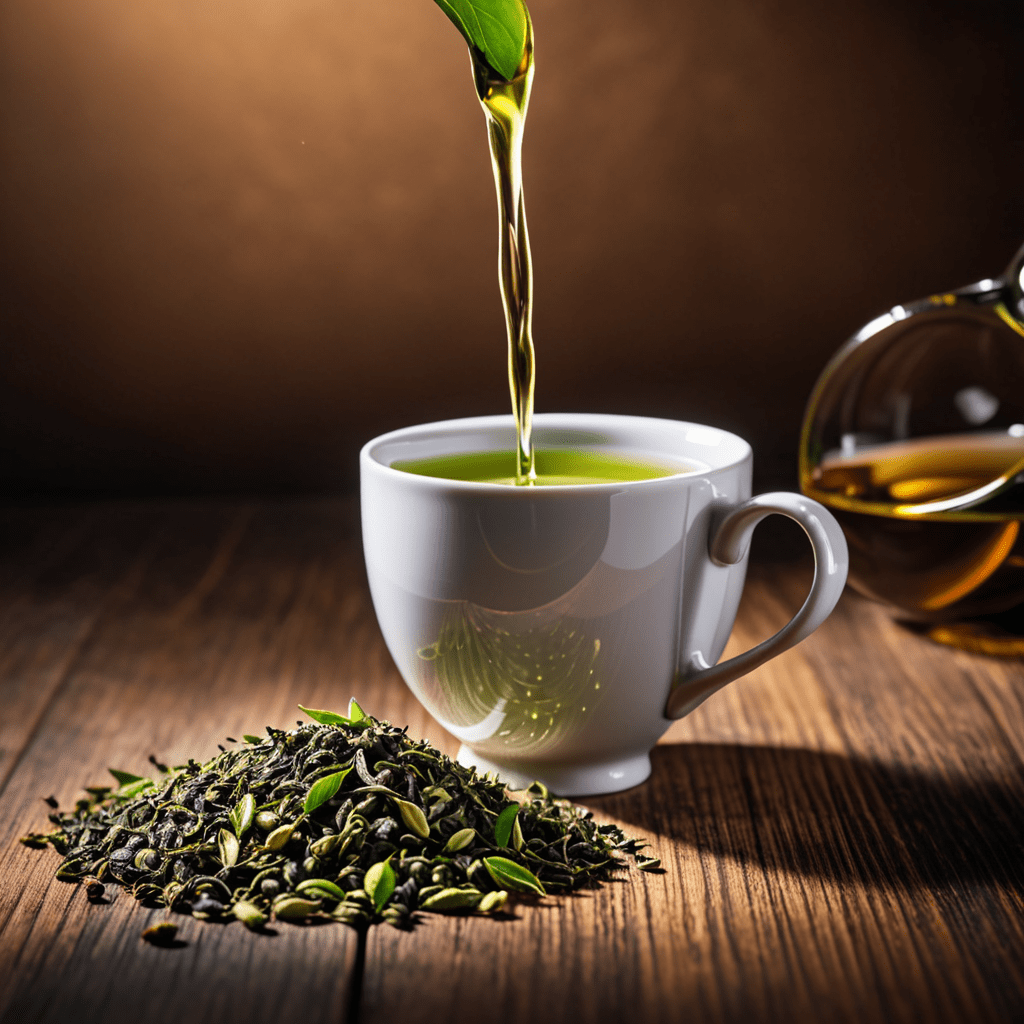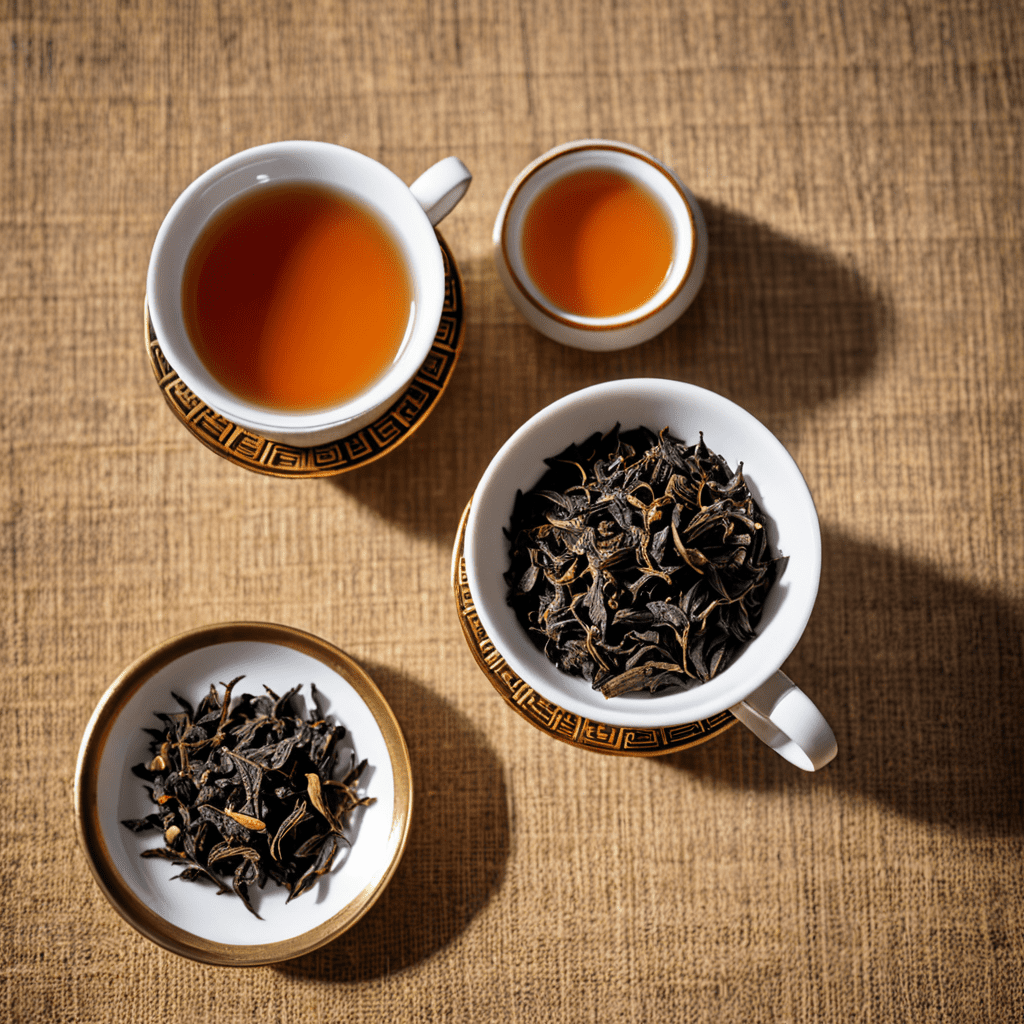
Green Tea Vs Black Tea: Unveiling the Contrasts and Complexities of These Beloved Brews
The Basics: Understanding the Fundamental Differences
When it comes to green and black tea, the pivotal contrast lies in their processing methods. Green tea is minimally processed, allowing the leaves to retain their natural green color and delicate flavor. On the other hand, black tea undergoes a more extensive oxidation process, resulting in its distinct dark color and robust flavor profile.
Flavor Profiles: Exploring the Taste Sensations
Green tea is celebrated for its light, fresh, and grassy taste, often accompanied by subtle floral or vegetal notes. In contrast, black tea boasts a bold and rich flavor, sometimes featuring malty, fruity, or even smoky undertones, depending on the specific variety.
Caffeine Content: Unraveling the Stimulating Truth
While both green and black tea contain caffeine, the levels differ. Generally, black tea tends to have higher caffeine content than green tea. However, the actual amount can vary based on factors such as brewing time and tea leaf type.
Nutritional Attributes: Examining Health Benefits
Both green and black tea offer various health-promoting compounds, including antioxidants. Green tea is particularly renowned for its high content of catechins, which are potent antioxidants associated with numerous health benefits. Conversely, black tea contains theaflavins and thearubigins, compounds linked to cardiovascular health and overall well-being.
Cultural Significance: Embracing Traditions and Rituals
Green tea holds deep cultural roots in several Asian countries, where it is often revered as a symbol of tranquility and hospitality. In contrast, black tea has been embraced in Western cultures, playing a central role in traditions such as English teatime and afternoon rituals.
Frequently Asked Questions
1. Does green tea and black tea come from the same plant?
No, green tea and black tea originate from the same plant, Camellia sinensis, but they undergo different processing techniques, leading to their distinct characteristics.
2. Can green tea be black in color?
Green tea retains a green hue due to minimal oxidation during processing. However, matcha, a type of green tea powder, may appear darker due to its concentrated form.
3. Is one type of tea healthier than the other?
Both green and black teas offer various health benefits, and the “healthier” option depends on individual preferences and nutritional needs. Both varieties are rich in antioxidants and can contribute to overall well-being.


